Sport
As anti-immigrant vigilantes disrupt healthcare access in South Africa, rights groups, medical charities and lawmakers are pushing back to defend constitutional protections for all.
The sterile corridors of public hospitals in South Africa have become unexpected flashpoints in South Africa's immigration tensions.
For Ndlovu*, a 34-year-old pregnant Zimbabwean based in Gauteng province, what should have been routine hospital visits in her last trimester have become an ordeal laced with fear worse than a medical issue.
Ndlovu's pregnancy is classified as high-risk, requiring her to avoid stress at all costs. But that's one advice she is finding hard to follow. With the baby due shortly, her worries seem to be increasing as accessing healthcare becomes challenging for foreign nationals targeted by vigilantes.
During one hospital visit, Ndlovu encountered members of "Operation Dudula" — a name derived from the isiZulu word for "force out" or "uproot". This anti-immigrant group has been targeting public healthcare facilities across Gauteng and KwaZulu-Natal provinces.
"A friend at the hospital was telling me about another hospital where foreigners were being chased away, and we were hoping and praying that they wouldn't get to us. Then, suddenly, a group entered the hospital and did exactly what we were fearing," Ndlovu recounts to TRT Afrika.
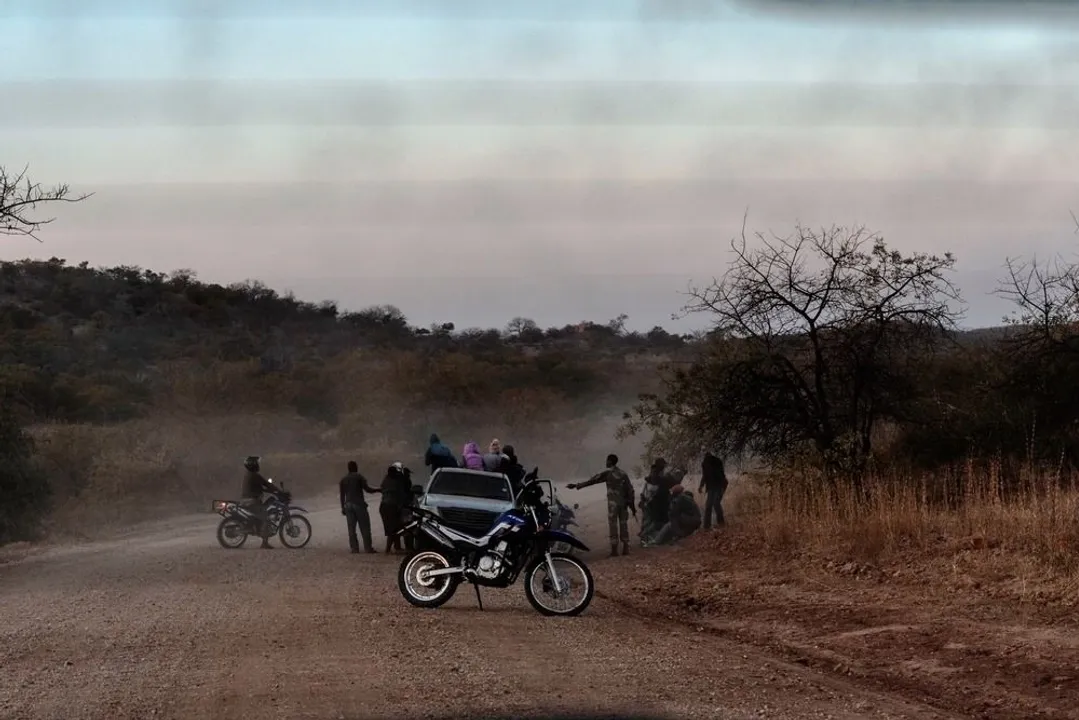
Institutional response
Amid growing unease over repeated attempts to drag healthcare into the cauldron, the reported arrest of three members of the Dudula outfit and a statement by the anti-xenophobia organisation Kopanang Africa (KAAX) have fuelled hope among foreign nationals caught in the complex intersection of immigration policy and healthcare access.
KAAX views the friction observed outside numerous healthcare facilities in South Africa as part of an attempt to exploit what it calls "legitimate frustrations" among communities regarding rising unemployment and poor service delivery.
"Xenophobia is not a solution to service delivery failure. It is a violation of human rights. Spread this message. Challenge the hate," says a post from the organisation's official X handle.
"We view the violent exclusion of foreign nationals from healthcare facilities as a grave violation of South Africa’s constitutional and human rights framework."
Targeting of foreign nationals by blocking healthcare access has intensified despite the South African government's stated zero-tolerance policy towards what is being termed "medical xenophobia".
Back in 2022, soon after an instance of picketing outside Kalafong Hospital in Atteridgeville by members of Operation Dudula, President Cyril Ramaphosa articulated what officially remains the government's stance.
"Acts of lawlessness, intimidation and humiliation directed at foreign nationals, whether they are documented or undocumented, should not be tolerated," Ramaphosa told parliament in a televised address.
Experts say the renewed crisis underscores the need for comprehensive approaches that address both concerns about resource allocation and the fundamental right to healthcare, regardless of nationality.
Snowballing crisis
The global medical charity Médecins Sans Frontières (MSF), also called Doctors Without Borders, has documented the presence of Operation Dudula members in more than half of the 15 healthcare facilities across the affected provinces.
Jane Rabothata, MSF's communication specialist in South Africa, describes arriving at one facility to find it unusually quiet.
"The reason we were not seeing a lot of people – in fact, there was no one – was because they had chased all the people," she says.
MSF learnt about the organisation's strategy from a female member at one such clinic. "She told us they come as early as they can, knowing that people who aren't South African citizens generally visit these facilities early in the morning to avoid trouble," Rabothata tells TRT Afrika.
MSF personnel encountered a mother who had been turned away from a hospital before her two children could receive their scheduled vaccinations. A pregnant woman with a history of miscarriage was worried about her well-being after being refused access to healthcare.
Comments
No comments Yet








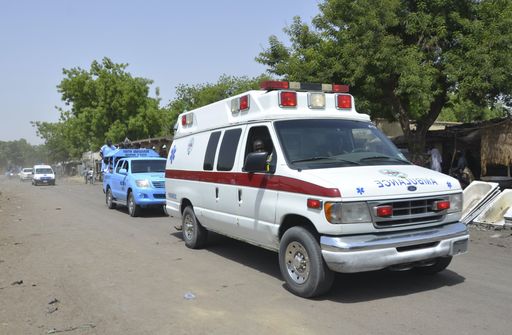
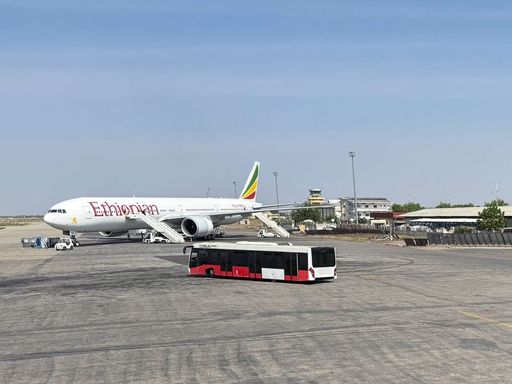
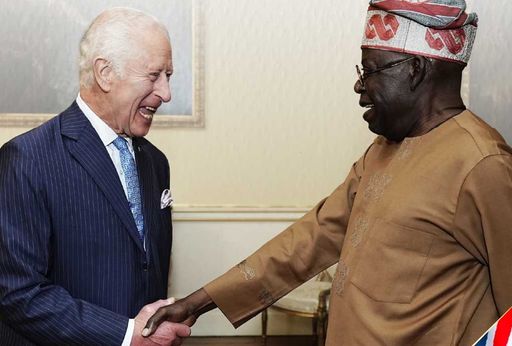
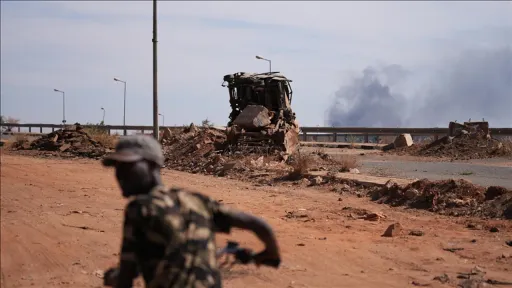








Comment